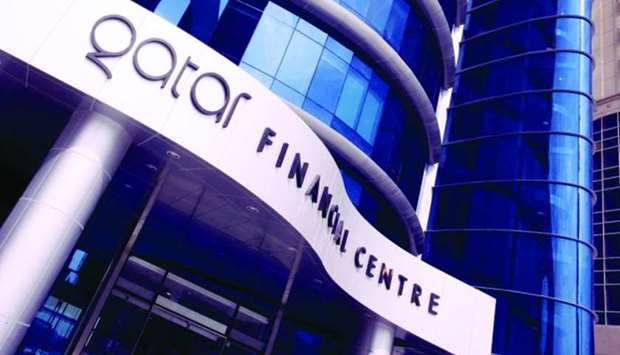The Qatar Financial Center (QFC) platform has made substantial progress in attracting foreign direct investment (FDI) into Qatar and promoting economic diversification, negating the 1,000 days of blockade.
Notwithstanding the blockade, the global corporate sector has evinced increased interests in establishing their presence in the fast growing Qatar. Accordingly, the QFC made “remarkable” international partnerships, global engagement and business growth over the course of the last year, according to QFC chief executive Yousuf Mohamed al-Jaida.
Zurich-based fintech Instimatch Global, a leading network for institutional money market trading, is the latest entrant in the QFC. The other recent entries were The Investment Promotion Agency of Qatar and QPay, both of which have already made their presence felt.
With a favourable macroeconomic environment, excellent business infrastructure and access to a $2.1tn regional market, Qatar offers fintech firms a lucrative market to grow their business and expand in the region.
Recognising the value of fintech in the growth and sustainability of the financial sector, Qatar has already developed a National Fintech Strategy to establish it as a regional leader in this technological evolution.
Importantly, the QFC entered into a pact with Microsoft to facilitate strategic co-operation across business activities, aimed at attracting international digital and IT businesses and firms to Qatar.
It’s New Emerging Belt Initiative (NEBI) – a new economic corridor focusing on Kuwait, Oman, India, Pakistan and Turkey – is to strategically position Doha as the most promising hub for firms wishing to operate in Qatar and in the wider region, at a time when the country has been successfully countering the economic and trade blockade since June 2017.
Qatar is already an attractive global hub, with 20 business councils registered on the QFC’s platform from countries around the world such as Canada, Nigeria, Singapore, Spain, India among many others.
With more than $129bn Islamic financial assets under its kitty, the QFC has also taken the lead in reaching out to Malaysia and Turkey as part of its strategy to be the dominant players in the global Shariah financial landscape.
Under the proposed plan, Turkey would cover Islamic finance needs in Europe, Qatar would serve the greater Middle East and North Africa and Malaysia will continue to serve the Asian markets.
With less than 1,000 days to go for Qatar to host the FIFA World Cup, the QFC has already stepped up efforts this year to attract sport consultancy and advisory, sport legal advisory, sport financing and contracting, sport event management and promotion, sport technology companies and sport education, in view of more than $20bn opportunities in the sector. A start-up Bootcamp is already a QFC client of sport marketing and commercialisation.
“Investing in the sports sector is one of the pillars of our strategy at Aspire Zone Foundation. The QFC’s focus on sports and other important sectors underscores the growth potential of these industries in Qatar and internationally,” according to Ali al-Mutawaa, chief of Enterprise and Development Officer, Aspire Zone Foundation.
With over 800 companies now registered on the platform, QFC’s efforts in developing relations with local and international stakeholders and key markets continue to bolster investor confidence in Qatar, shaping the nation as the gateway of choice to the Middle East and beyond.

QFC Tower at West Bay

